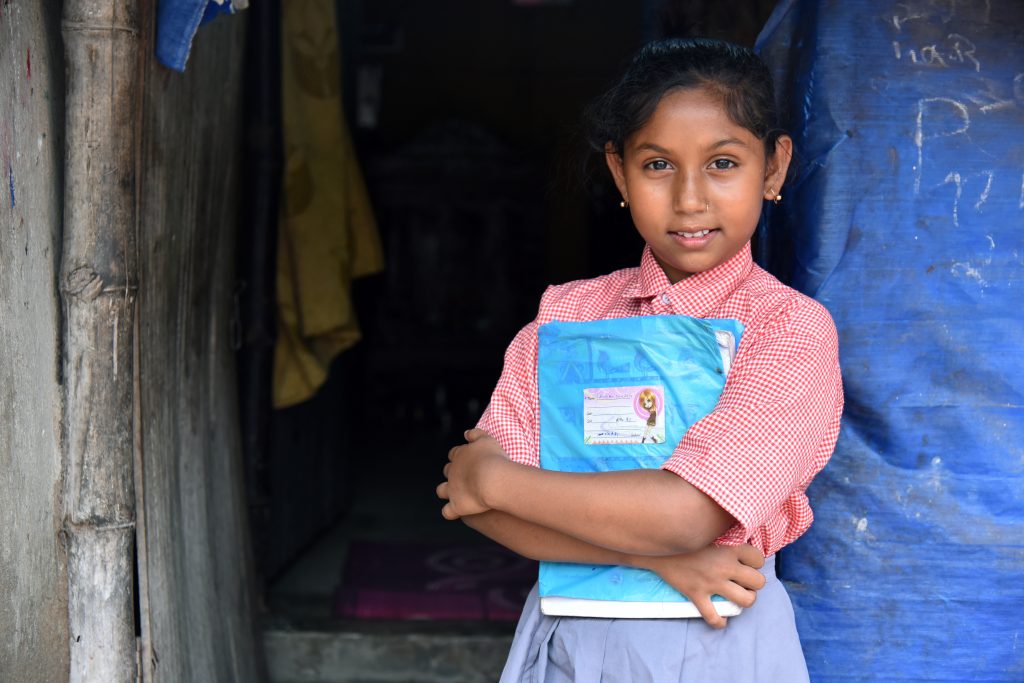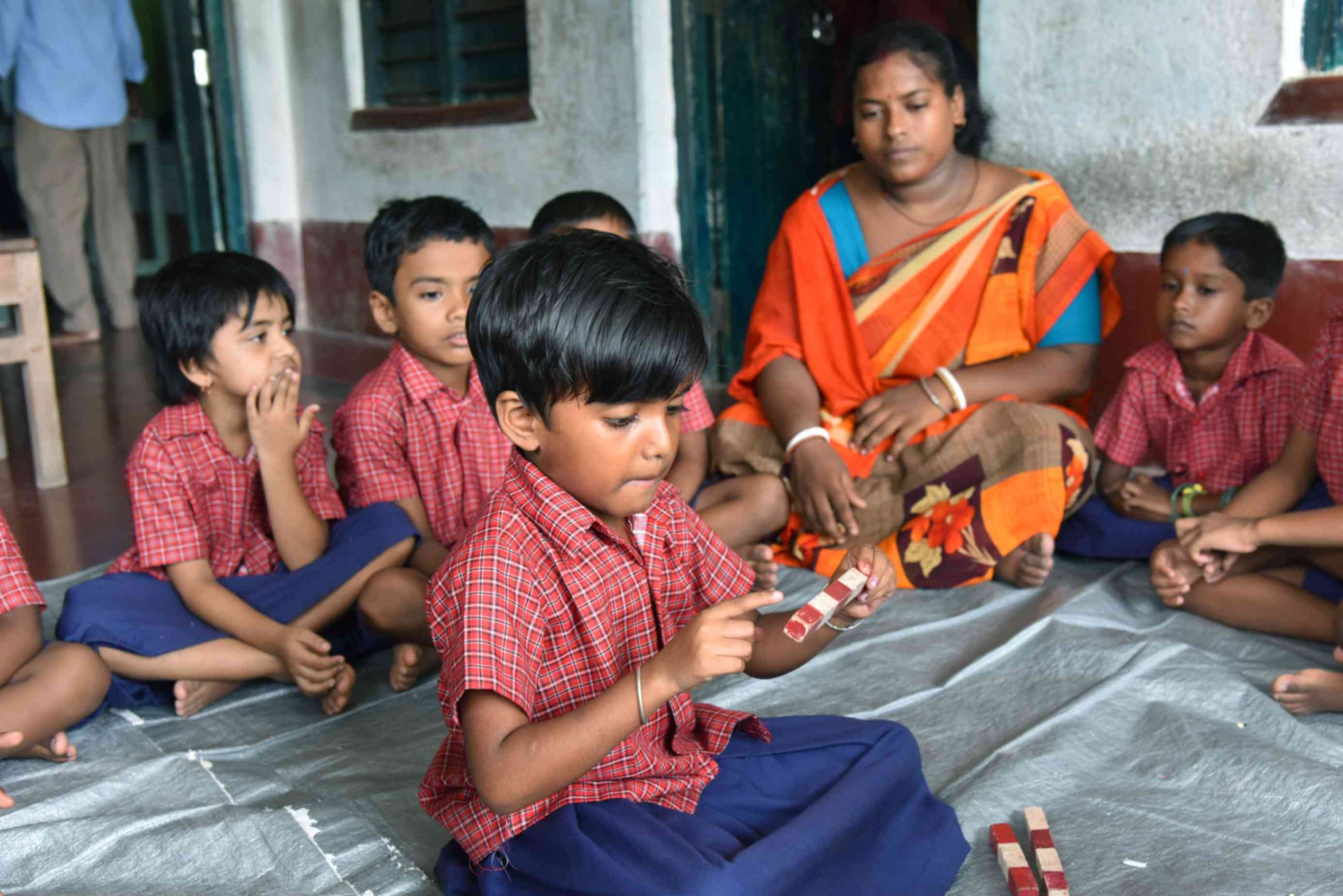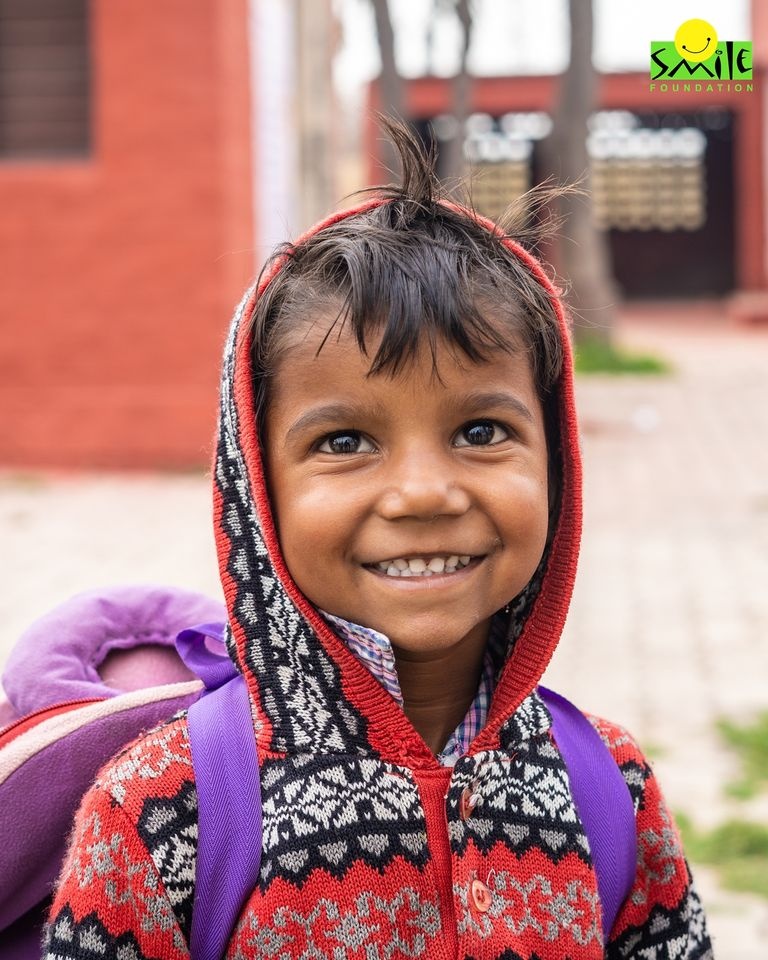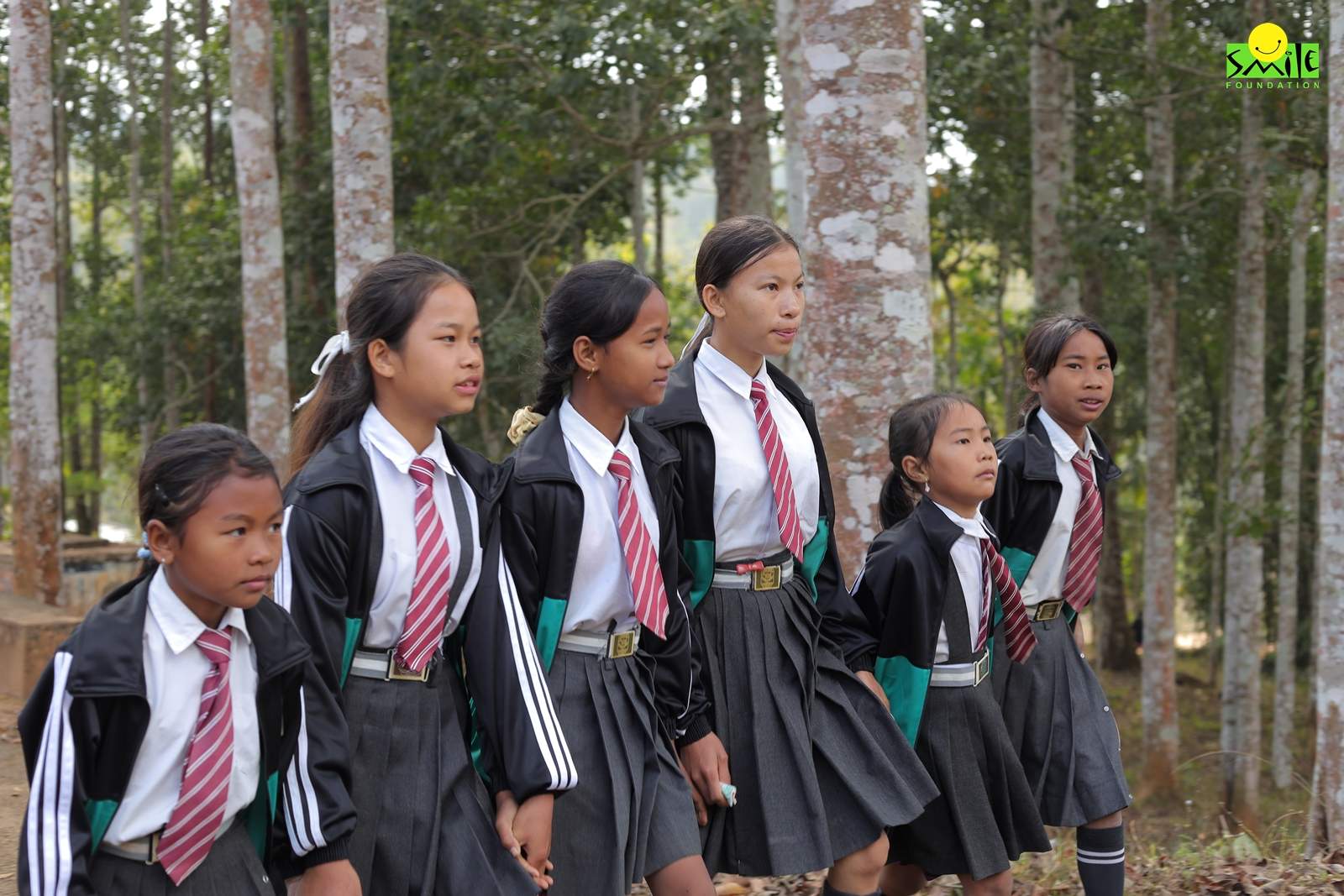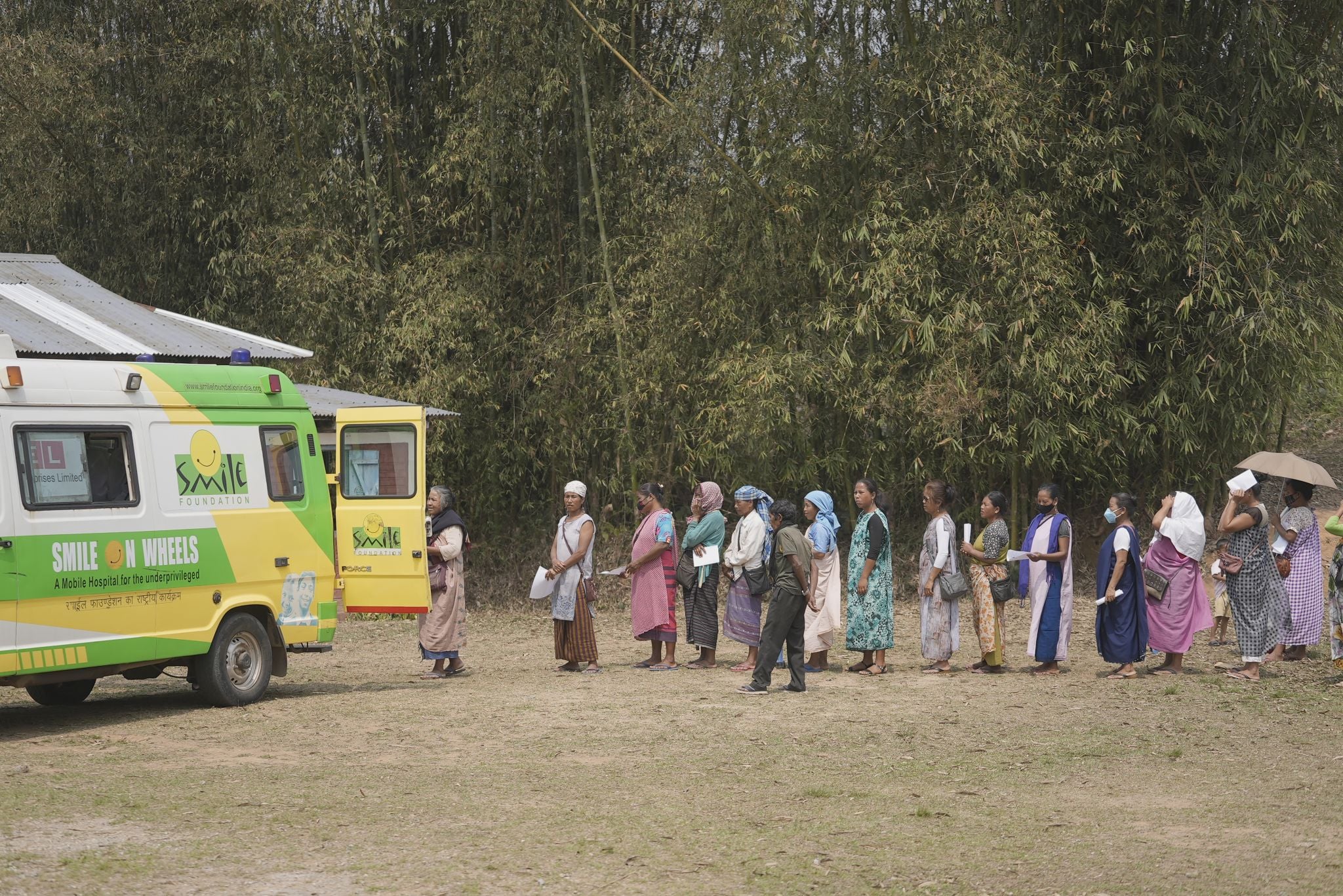“All grown up were once children…but only a few of them remember it.”
– The Little Prince, Antoine de Saint-Exupery
Childhood molds and shapes a person. Children are innocent creatures who are blissfully unaware of the ways of the world. They absorb and learn from the experiences they are subjected to; they learn from the people around them, the friendships they form, their caregivers, relatives, and every other interaction they have with anyone. Childhood, being a part of our lives that we might not remember entirely, shapes us in the most crucial ways.
What is Childhood Trauma?
Childhood trauma refers to an event or multiple instances that a child faces that result in distress, pain, or sadness. It is termed trauma since it often leaves an enduring effect on the child. Traumatic experiences may lead to the development of unhealthy coping mechanisms.
Childhood trauma ranges from physical assault to emotional abuse and even witnessing a violent event. Children tend to form traumatic stress over time and it may continue into adulthood.
Child traumatic stress occurs when a child subjected to one or more traumatic events develops habits and coping mechanisms that impede their day-to-day activities even after the event has passed. When reminded of the event they show signs of depression, behavioral changes, anxiety, difficulty in managing emotions and forming relationships, ruined sleeping and eating schedule, and physical symptoms among others. These signs are extreme to the level that hinders the ability to perform day-to-day tasks.
Children tend to develop unhealthy habits like smoking, drinking, and substance abuse in order to cope with their trauma. And these signs, if not treated on time, develop into adulthood and majorly shapes one’s habits and lifestyle.
What are the symptoms of Childhood Trauma?
Trauma induces both physical and psychological symptoms in a person. A person may develop a variety of symptoms in response to a traumatic event, and they differ for every person. Some of the symptoms of childhood trauma are –
- Numbness to emotions or pain
- Depression
- Anxiety
- A major change in sleep schedules – experiencing sleep paralysis, terrors, and nightmares 5. Fatigue and constant exhaustion
- Panic attacks
- Psycho-somatization
- Low-self esteem
- Difficulty in forming relationships
- Dissociation
How Childhood Trauma Can Shape A Person
Every person is different and the severity of trauma depends on each individual – how they react, the habits they develop, do they remember it or not, all vary from person to person. Broadly it is dependent on the external environment, an individual’s psychological or physical state, history, or where one stands presently.
A person’s identity is molded and shaped throughout his life. From childhood to old age, and everything in between, accumulated forms a person’s identity. Developmental trauma usually diverts the trajectory of brain development and poses an impediment to one’s growth and development, and the earlier the mind bruises, the more severe the effect is.
Trauma experienced during childhood majorly impacts what the child grows into. For instance, if a child was neglected by his/her parents, as an adult, he/she may develop high walls around them. The child may grow up to be independent and may find it difficult to rely on others. Or when a child’s feelings are not taken into consideration, they are not heard out at their home, an adult may find it hard to express themselves, and they may have difficulty integrating emotions.
A constant search for validation in relationships, not being able to form meaningful relationships with others, self-derogatory remarks, and abandonment issues, among several other things are all that an individual attains as an adult due to childhood trauma.
There also exist some people who react to childhood trauma by forgetting about it. It remains a dark memory secured in their mind that they are unable to remember. These people often say that a part of their childhood is missing from them. For them, identity is compromised since a huge part of their childhood memories remains missing.
Healing the Soul
People may not be able to understand why they are the way they are until later in life. Childhood trauma has damaging effects on a child that persist into adulthood. Children are sensitive beings that need to be protected, trauma can make significant cracks in a child’s identity and it takes time and care to mend them.
It is imperative to provide people with a safe environment where they can talk about their childhood and how it has affected it. Since, when a child loses faith in their caregivers, the people whom a person looks up to naturally, they need somewhere to go, they need to be provided a space where they are understood and sympathized with.
Some therapy techniques in order to curb childhood trauma are –
- Cognitive behavioral therapy
- Somatic experiencing
- Narrative therapy
- Psychoeducation
- Eye movement desensitization and reprocessing
- Meditation
- Yoga
Promoting professional therapy and working towards destigmatizing the concept of therapy is vital in order to help individuals. Every person deserves to be loved and understood, even more so when as a child they were unable to receive that. There is nothing wrong with seeking help from others; ignoring the problem will never help.
Overcoming childhood trauma is a long process that requires handling oneself with care. It is important to understand that something that has persisted over time does not vanish overnight and requires patience to overcome. With the right mindset and help, one can surely overcome their trauma, one step at a time.
Smile Foundation and Children
Smile Foundation through its flagship programme, Mission Education (ME) is helping children from underserved backgrounds lead a life of dignity with accessible quality education at its 240 Mission Education centres across India. Help us make education reach children by making a donation here.



